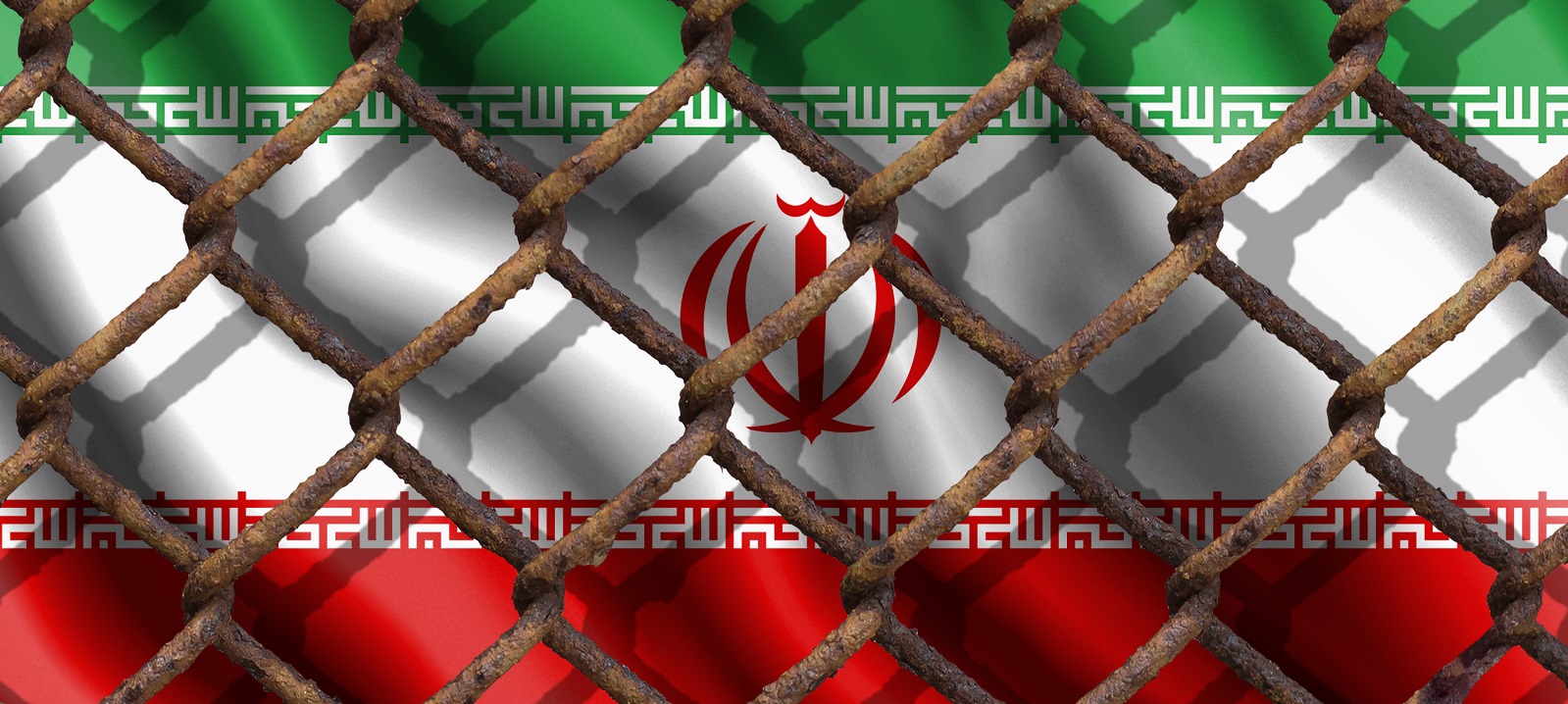In recent developments, the U.S. Treasury Department has methodically targeted a significant shadow banking network believed to utilize cryptocurrency to fund military operations supporting the Iranian Revolutionary Guard Corps. The sanctions involve two Iranian nationals, Alireza Derakhshan and Arash Estaki Alivand, along with 16 entities situated in Hong Kong and the United Arab Emirates (UAE). This scrutiny arises from allegations linking them to a staggering $100 million in cryptocurrency purchases aimed at financing Iran’s military activities, emphasizing the critical role of digital currencies in evading traditional financial regulations.
Understanding Shadow Banking in the Context of Sanctions
The term “shadow banking” refers to the financial activities conducted by non-bank entities that operate outside the regular banking system. In the case of Iran, the Treasury outlines how various front companies across multiple jurisdictions are used to bypass sanctions and obscure money laundering efforts. These tactics not only facilitate illegal fund flows for military procurement but also pose significant challenges to the efficacy of existing international sanctions against Iran.
Under Secretary for Terrorism and Financial Intelligence John Hurley characterized these actions as part of a broader strategic push, tracing back to the “maximum pressure” campaign initiated under President Donald Trump. This ongoing initiative aims to stifle Iran’s military ambitions by restricting its access to the international financial system.
The recently sanctioned entities, including UAE-based companies such as Unique Station Trading, Minato Investment, Everest Investment, and Alliance First Trading, have been singled out for their alleged contributions to the fundraising efforts for Iranian military assets and technologies. The U.S. government asserts that these entities knowingly facilitate illicit fund flows, which are crucial for securing military materials, thereby exacerbating regional tensions.
The Nature of Cryptocurrency in Funding Military Operations
The rise of cryptocurrencies as an alternative means of conducting transactions has revolutionized various sectors, including international finance. However, this innovation presents unique challenges in monitoring illicit activities. In Iran’s case, cryptocurrency is utilized to facilitate oil sales, a crucial lifeline for the regime amid crippling sanctions. By converting oil revenues into digital currencies, the Iranian government and its affiliates can circumvent conventional banking systems that are otherwise hostile to their financial maneuverings.
This system enables them to finance weapons programs, including ballistic missiles and advanced drone technology. Not only does this direct funding pose direct threats to U.S. military personnel and its allies, but it also leads to destabilization across the broader Middle Eastern region.
The U.S. Government’s Response and Implications for Global Finance
The latest sanctions are part of a concerted effort to freeze any U.S.-based assets belonging to the identified individuals and entities. Furthermore, these measures prohibit American citizens and businesses from engaging in transactions with them. Such actions illustrate the U.S. government’s unwavering commitment to combating the diverse and complex methods employed by Iranian entities to undermine international sanctions.
However, the implications extend beyond immediate actions against individuals and companies. Foreign financial institutions that engage with or facilitate transactions involving the sanctioned network face the risk of secondary sanctions. This aspect acts as a deterrent, as financial institutions worldwide often wish to avoid the repercussions of being blacklisted by the U.S., given that the dollar remains a dominant currency in global trade.
A Broader Context: Sanctions and Global Reactions
The aggressive sanctions strategy has largely been met with mixed responses globally. While U.S. allies support the measures aimed at curtailing Iran’s military ambitions, nations like China and Russia have historically expressed opposition to unilateral sanctions. They argue that such actions infringe on national sovereignty and complicate genuine efforts toward diplomatic negotiations.
The emphasis on cryptocurrencies further complicates the landscape. In 2022, Iran began formal discussions with countries such as Russia to establish a trading system that bypasses both traditional banking and the U.S. dollar, a clear signal of its intent to develop alternative financial routes. This ongoing tug-of-war highlights the complexity of modern geopolitics, financial oversight, and technological innovations.
Preventive Measures and Future Developments
In light of these evolving trends, businesses, especially those in trade and finance, need to remain vigilant. Organizations should actively monitor changes in regulations and sanctions, particularly those impacting cross-border transactions tied to the Iranian market. Engaging with experts on export controls and sanctions compliance can provide crucial guidance, particularly as the global financial landscape continues to shift.
Apart from that, educational initiatives aimed at raising awareness regarding the implications of shadow banking and cryptocurrency in international finance could foster more informed business practices. Firms must remain agile, ready to adapt policies and operational structures in response to the dynamically shifting geopolitical climate.
In conclusion, the recent sanctions imposed by the U.S. Treasury against Iran’s shadow banking network underscore the complexities of modern international finance amid rising geopolitical challenges. By harnessing the potential of cryptocurrencies for military funding, Iran has further complicated an already tenuous situation, prompting a robust response from the U.S. and its allies. As we observe these developments, the intersection of technology, finance, and international relations will remain a pivotal area of focus.










